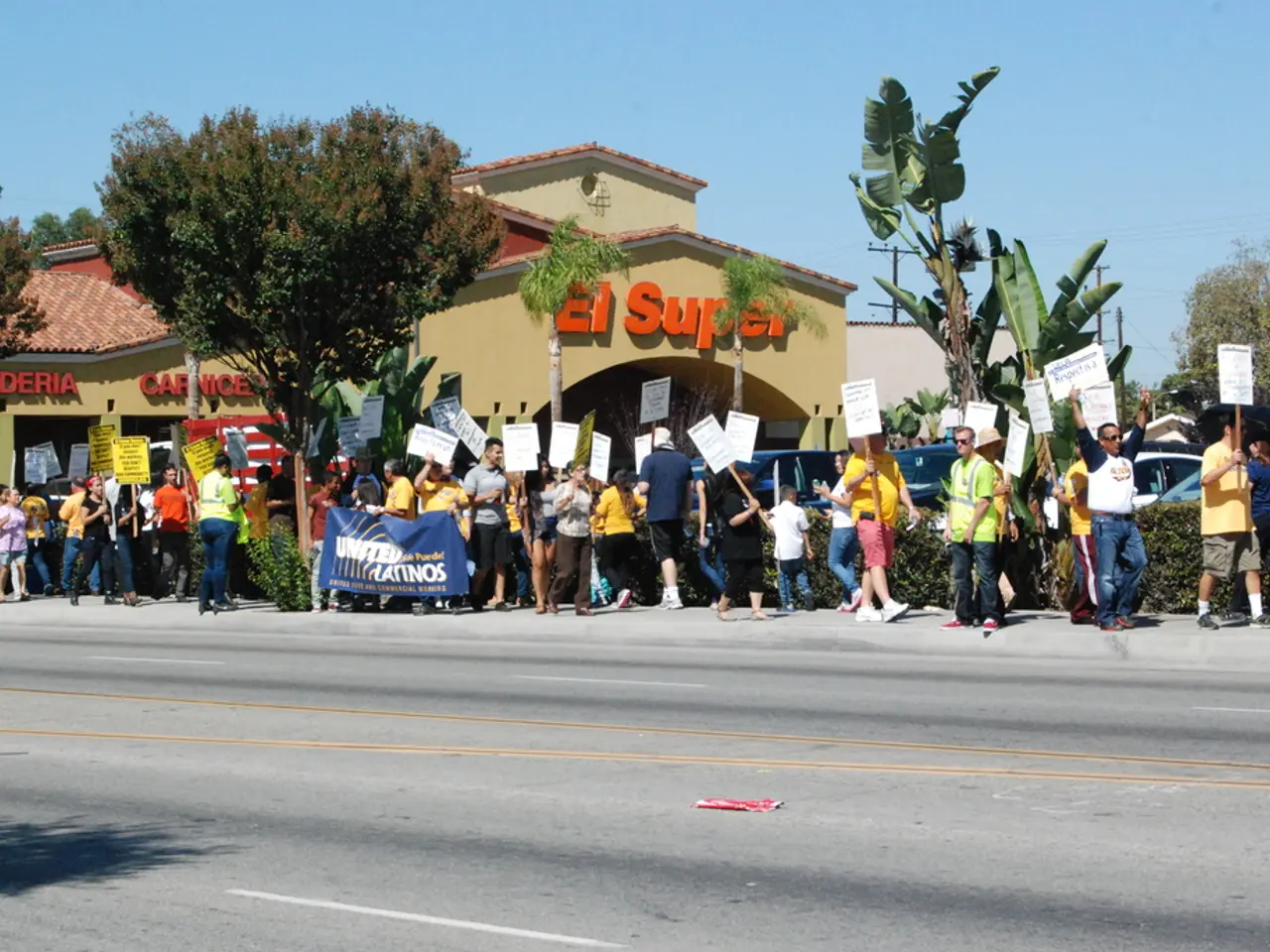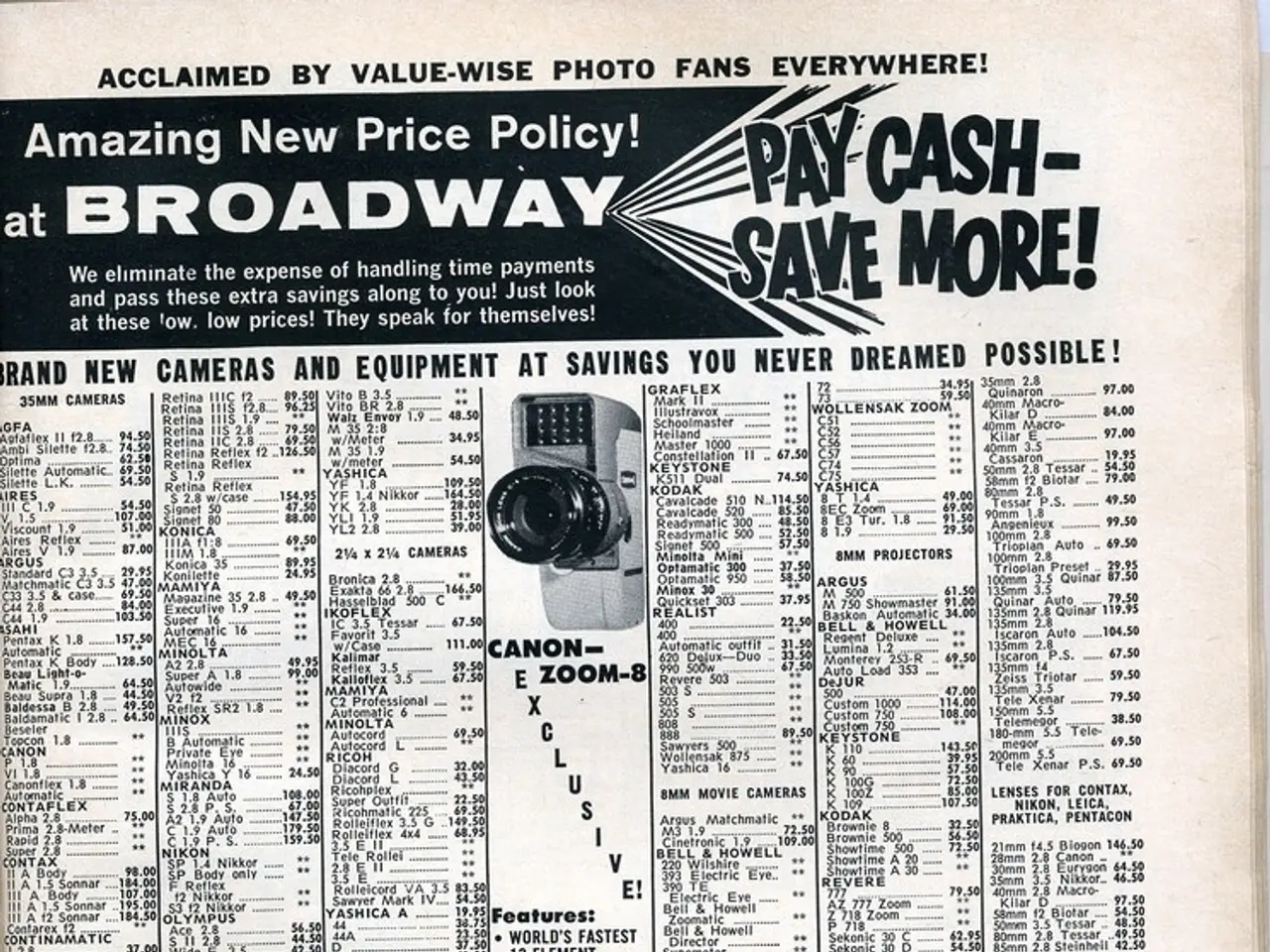An Overview of Political Data Analysis: Its Fundamentals
In the dynamic world of politics, data has become an essential tool for understanding, predicting, and shaping outcomes. This article delves into the roles and importance of data and research analysts, political researchers, and election data analysts in the realm of political data analysis.
Data & Research Analyst
At the heart of political data analysis lies the Data & Research Analyst. These professionals conduct quantitative research and statistical analyses related to policy and political issues. Their responsibilities include collecting, processing, and maintaining datasets, ensuring data quality, and establishing best practices for data storage.
Data & Research Analysts visualize and communicate results to support legislative strategies and policy priorities, and they coordinate with internal teams and external partners on technical aspects such as dashboard support. They also participate in stakeholder meetings and may perform additional duties to aid policy research objectives.
Political Researcher
The Political Researcher is another crucial player in political data analysis. These individuals track current political events and policy issues using diverse information sources like the internet and libraries. They perform original research and analyse gathered information to produce reports, briefings, speeches, and media releases.
Political Researchers respond to information requests from politicians, the public, and media, and they maintain archives and files for future reference while handling administrative tasks related to research activities.
Election Data Analyst
During election cycles, the Election Data Analyst takes centre stage. These professionals focus on estimating voter turnout and analysing election results in real-time. They use historical and dynamic data (e.g., demographic trends, voting laws) to adjust estimates and provide insights on factors influencing turnout.
Election Data Analysts work through the entire election lifecycle, from preliminary estimates to certification of final vote totals, adapting quickly to incoming data on election night.
The Role of Political Data in Modern Campaigns
Data plays a pivotal role in understanding political behaviour, voter targeting, and election outcomes. This often involves statistical methods and modern computing tools to interpret electoral data. Advocacy groups use political data to inform their strategies and campaigns, while political tech developers use technology to streamline various aspects of political campaigns, such as budgeting and fundraising.
A political contributions database contains over 6 million political contributions from various candidates and committees. Political data science is a growing field that aims to build predictive models for political outcomes. Data on political integrity is also important to illuminate government decision-making and influence.
In summary, political data analysis roles revolve around collecting and managing data, applying statistical analysis, synthesizing insights to inform political strategy or policy, and communicating findings effectively to various audiences. Each role may emphasize different stages or aspects of this workflow depending on organizational needs.
- Data & Research Analysts are instrumental in political data analysis, carrying out quantitative research and statistical analyses on policy and political issues.
- Their duties include collecting, processing, and maintaining datasets, ensuring data quality, and setting data storage best practices.
- They visualize and communicate results to support legislative strategies and policy priorities, collaborating with internal teams and external partners.
- Political Researchers are essential in tracking current political events and policy issues, using various information sources and performing original research.
- They produce reports, briefings, speeches, and media releases based on their findings and respond to information requests from various sources.
- During election cycles, the Election Data Analyst focuses on estimating voter turnout and analyzing election results in real-time, using historical and dynamic data.
- Political data is vital in understanding political behavior, voter targeting, and election outcomes, often involving statistical methods and modern computing tools.
- Advocacy groups and political tech developers use political data to inform their strategies and campaigns, and the field of political data science continues to grow, aiming to create predictive models for political outcomes.






